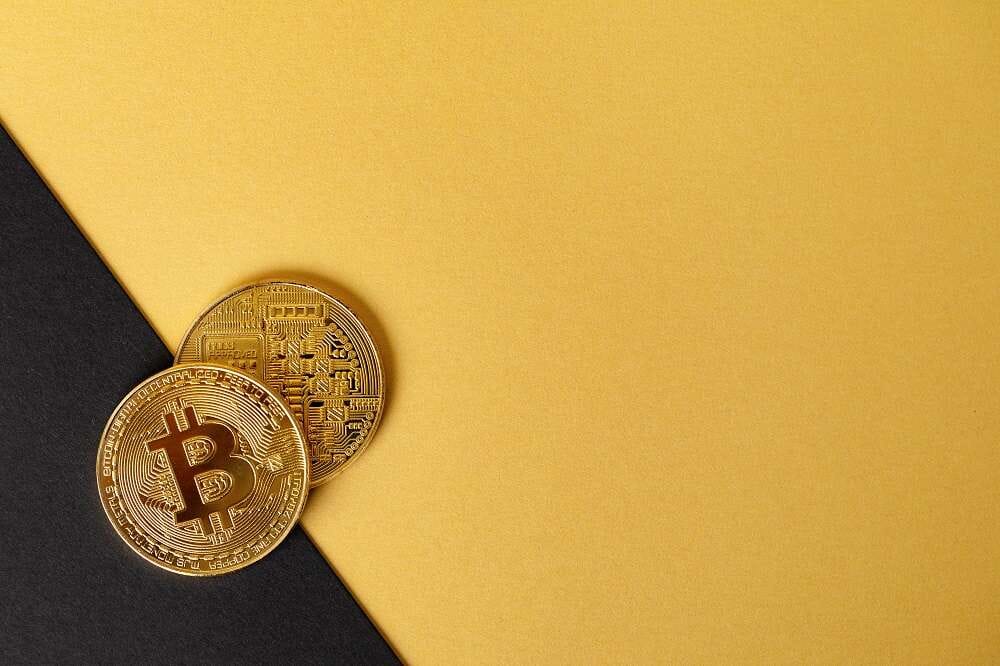
The Covid Pandemic has driven the fastest acceleration of digitalisation ever seen. This change is also affecting governments many of whom are in desperate? need of an upgrade.
For many companies and organisations, digitising each process of their operation and supply chains is a challenge when in many cases the IT Maintenance is the only department that is familiar with some of the lingo. And many governments lack this resource, making the digital journey treacherous. As some economies move faster when it comes to digital, we will start to see a divide between digital and analogue.
Data is fast forming the backbone of any economy. Whether used to distribute vaccines by vulnerability, send out welfare checks or manage immigration, reliable data is fundamental.
Yet, the data revolution is uneven and developing countries have the opportunity to leapfrog their developed counterparts by adopting future technologies such as blockchain, elevating themselves in the data game. The only requirement is to be online.
One area where developing countries could leapfrog is that of digital money. During the pandemic, the long-term decline of physical cash usage accelerated. Just consider how many emails you have received from your favourite restaurant saying that they will only accept card payments.
According to the Worldpay from FIS report, cash will account for less than 10 percent of in-store payments in the U.S. and just 13 percent of payments worldwide by 2024. Over that same time period, the report projects digital wallet payments to account for more than a third (33 percent) of all in-store payments (16 percent in the U.S.). Furthermore, the use of mobile wallets exceeded cash for the first time for in-store payments.
So could a cryptocurrency, powered by Blockchain technology replace cash?
Blockchain is the technology behind a distributed network of computers that can be used to store data securely but which, uniquely, has a single memory – a single source of truth. That means data cannot be freely copied and edited to create an alternative version of the truth, which is why blockchain technologists refer to it as the “trust platform”.
Convenience and risk will continue to power the movement away from physical notes to digital money, but central banks will continue to play an important role. However, a central bank promoted digital currency could transform a country. Collecting data on all movement of money through a digital signature could finally force the shadow banking sector into the formal economy. Think how many citizens could fall into the tax net and the impact that could have on the fortunes of the tax man and the cost savings from not having to tackle avoidance.
Imagine a situation where governments could also track all trade flows through money movement in real time. What does this mean for the reporting infrastructure? Or where those at the bottom of the pyramid could save and access banking and other financial services safely and securely using their profile stored on a blockchain backbone managed by their government? This may sound like a dream but it may not be that far away as the consumer is shunning the product faster than economies are digitising. Remember, cash is the enemy of the poor.
But this is not something for the imagination. It is happening here and now.
Earlier this year, in a world first, Minexx exported minerals with full financial transparency from the Democratic Republic of Congo, by processing $250k of blockchain certified payments. This was a milestone for the company and the sector as it secures the supply chain from the moment a mineral comes out of the ground to the point at which it goes into technology, such as smartphones and electric cars.
The Minexx blockchain platform, which is powered by Finboot, has global application. It enables trade and compliance – bringing benefits to miners, smelters, traders, tech companies and governments while directly impacting 10 of the 17 Sustainable Development Goals.
Blockchain connectivity can deliver exponential value from larger ecosystems, sharing a common data backbone. China is a good example as it is rapidly moving towards the digital Yuan; although this is more to do with industrialisation than currency. In order to jump to the next level of efficiency where maybe price is put back into the equation through productivity and efficiency gains, China needs to focus on improving automation or moving to industry 4.0, which is the automation of factories from using [internet of things], from using machine learning, from artificial intelligence. The foundation of all of that is blockchain as a technology, not blockchain as a cryptocurrency.
“We must take the blockchain as an important breakthrough for independent innovation of core technologies,” said President Xi, emphasising a push to “accelerate the development of blockchain technology and industrial innovation.”
Crises such as the coronavirus pandemic, dramatically increase pressure on governments and businesses to maintain resilient value and supply chains. Resilience of supply chains depend on transparency and integrity, which can be improved through the responsible deployment of blockchain technology.
Today, El Salvador has become the first country to adopt bitcoin as legal tender, in addition to the US Dollar by passing the Bitcoin Law by a supermajority. “The purpose of this law is to regulate bitcoin as unrestricted legal tender with liberating power, unlimited in any transaction, and to any title that public or private natural or legal persons require carrying out,” the law reads.
President Nayib Bukele says Bitcoin will make it easier for Salvadorans living abroad to send payments home. “In the short term, this will generate jobs and help provide financial inclusion to thousands outside the formal economy,” Mr Bukele told a Bitcoin conference in Florida, adding that it could also boost investment to the country.
Whatever the application, Blockchain has the ability to transform economies because of its ability to bring integrity to data. As the digitalisation of the world continues to accelerate, emerging economies have the opportunity to leapfrog their developed peers and set a new threshold for a fully connected community.


